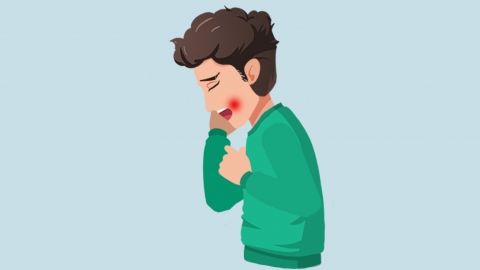What are the consequences of enduring toothache without treatment?
In general, enduring tooth pain without treatment may lead to worsening pain, spread of disease to adjacent teeth, tooth loss, development of oral abscesses, and difficulty with normal eating. The specific consequences are analyzed as follows:

1. Worsening pain: Initial tooth pain is often caused by mild local inflammation or irritation. If left untreated, the inflammation can gradually spread, transforming intermittent dull pain into persistent severe pain that may radiate to the head and face, significantly affecting sleep and daily life.
2. Spread of disease to adjacent teeth: Tooth pain is commonly associated with conditions such as dental caries or pulpitis. Without timely treatment, the infection can spread to neighboring teeth, causing decay or gum inflammation in those teeth as well, resulting in multiple affected teeth and increasing treatment complexity.
3. Tooth loss: Long-term neglect of tooth pain allows internal damage to progressively destroy dental tissues and roots, weakening the tooth's support structure. This may eventually cause tooth loosening and, in severe cases, lead to tooth loss, disrupting normal tooth alignment and chewing function.
4. Development of oral abscess: As dental inflammation progresses, bacteria multiply and spread into deeper oral tissues, potentially forming an oral abscess. This manifests as swollen gums with a fluctuant sensation and may be accompanied by symptoms such as fever and bad breath, requiring prompt drainage and treatment.
5. Impaired normal eating: Tooth pain intensifies during chewing, prompting individuals to avoid using the affected side. Over time, this leads to imbalanced chewing, which not only affects digestion and nutrient absorption but may also result in asymmetric development of facial muscles.
Daily attention to oral hygiene is essential. Brush teeth twice daily, rinse after meals, and schedule regular dental check-ups. Seek prompt treatment for tooth pain to prevent worsening of the condition.




